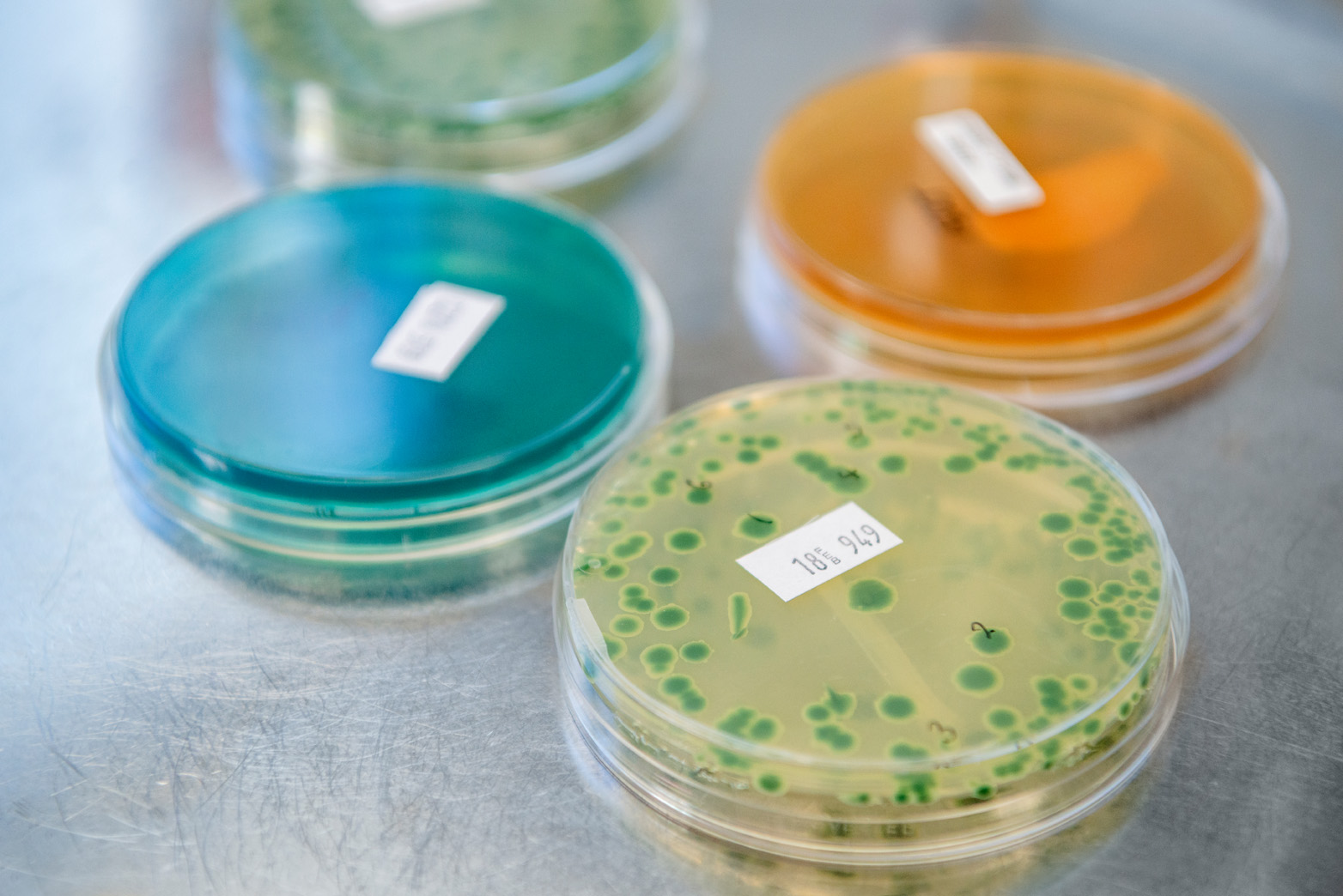Scientists from the Australian Wine Research Institute (AWRI), based at the Waite Research Precinct, and ARC Centre of Excellence in Synthetic Biology (CoESB) have developed a new-to-nature yeast chromosome which broadens industrial applications for engineered yeast.
Outlined in a recent issue of Nature Communications, this work is an extension of the Synthetic Yeast Genome Project (Sc2.0) which is a global effort in eukaryotic genome engineering. With the aim of complete synthesis of the entire genome of the yeast Saccharomyces cerevisiae, this project provides a platform for the design of future industrial microbes.
Research conducted by AWRI and CoESB responded to a lack of genetic variation in the Sc2.0 yeast strain, which may limit industrial use. To address this issue, unique genomic sequences from a range of yeast strains – including those used in wine, sake and biofuel production – were combined to assemble a completely new chromosome in the laboratory strain. In an article for CoESB, AWRI Research Manager and lead author of the study, Dr Anthony Borneman, shared “this additional genetic material imparted new characteristics, such as allowing the laboratory strain to ferment sugars it normally can’t use, and widening the feedstocks available for industrial purposes…It’s a proof of concept that we can build entire new chromosomes for specific industrial purposes”.
Read the full article: https://www.nature.com/articles/s41467-022-31305-4

